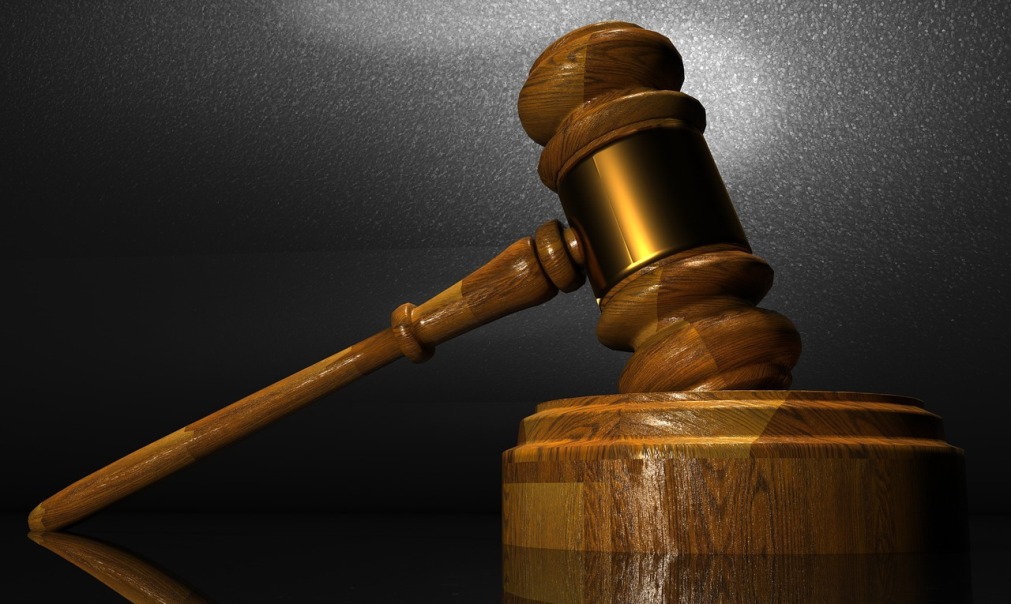Law Insider Research
Executive order is an instruction issued by the executive administration in authority and signed by the Governor/President appealing any power delegated to it in any law or any other statute ( like rules framed under a law ). Executive orders are merely presidential orders issued to representatives.
A judicial order is an authorized proclamation by a judge (or panel of judges) that describes the legal relations between the parties to a hearing, a trial, an appeal or other court proceedings. Such presidingneeds or approves the carrying out of certain steps by one or more parties to a case. A court order must be signed by a judge; some dominions may require it to be notarized.
In the case Anuradha Bhasin, the Supreme Court held:
“Though the Postponement Rules do not provide for publication or notification of the orders, a settled principle of law, and of natural justice, is that an order, mainly one that affects lives, liberty and property of people, must be made obtainable. Any law which demands compliance of the people needs to be informed directly and reliably”.
This is the case irrespective of whether the parent statute or rule recommends the same or not….In light of the same, it is imperative for the State to make such orders communal so as to make the right available under Section 144(5) CrPC a practical reality.”
In its rejoinder, the FMP has confronted the Centre’s denial to publish any details about the operative of the Special Committee. Such secrecy is unpredictable with the judgments of the Supreme Court in Anuradha Bhasin v Union of India and Shreya Singhal v Union of India, which need publication of orders that limit fundamental rights to enable aggrieved persons to challenge such orders before a court of law, FMP has stated.
By holding only two meetings since May 11, the Special Committee has also failed to comply with the Supreme Court’s directions in Anuradha Bhasin which require periodic review of internet restrictions every seven working days, FMP has revealed.
The Supreme Court established the Special Committee as an substitute to the Review Committee recognized under the Telecom Suspension Rules, in view of the special conditions in Jammu and Kashmir, to provide “adequate procedural and substantive protections to safeguard that the compulsorylimits are narrowly tailored”, as the FMP’s reply discloses.

